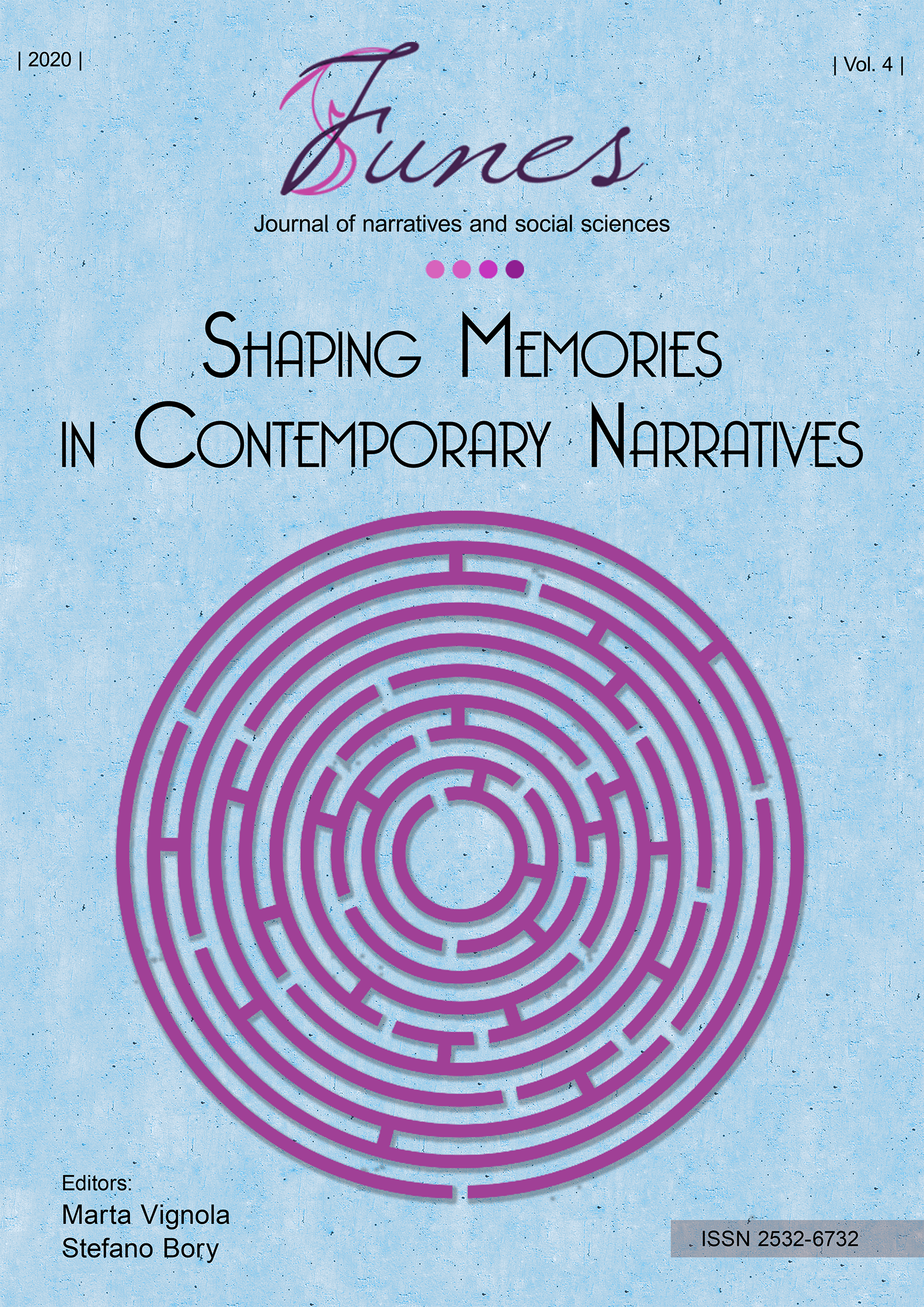Mise en scène de la mémoire d’un génocide: images dialectiques et lisibilité de l’histoire
Abstract
This article proposes an analysis of the film The act of killing (Joshua Oppenheimer, 2012), articulating concepts such as cinematic meta-narrative (Stam 1981; 2015), dialectical images (Benjamin, 2006; 2018), and legibility of history (Didi-Huberman, 2000; 2012; 2018). The documentary film is about a group of men who participated in the anti-communist mass killing that occurred in Indonesia in 1965/66. In order to problematize the Indonesian genocide memories, the film applies a meta-narrative strategy: the former perpetrators reenact their crimes in front of the cameras by appropriating their favorite Hollywood genres. The scheme film-within-the-film, mixing facts and fiction, exposes a dubious heroic status of the former executioners and a crime confession by an auto-mise-en-scène. The analysis explores narrative, aesthetic and discursive aspects, exposing a dispute that involves an (re)interpretation of the violent past of Indonesia, making possible the (re)constitution of self-identities in the present and an (re)orientation for the future.
